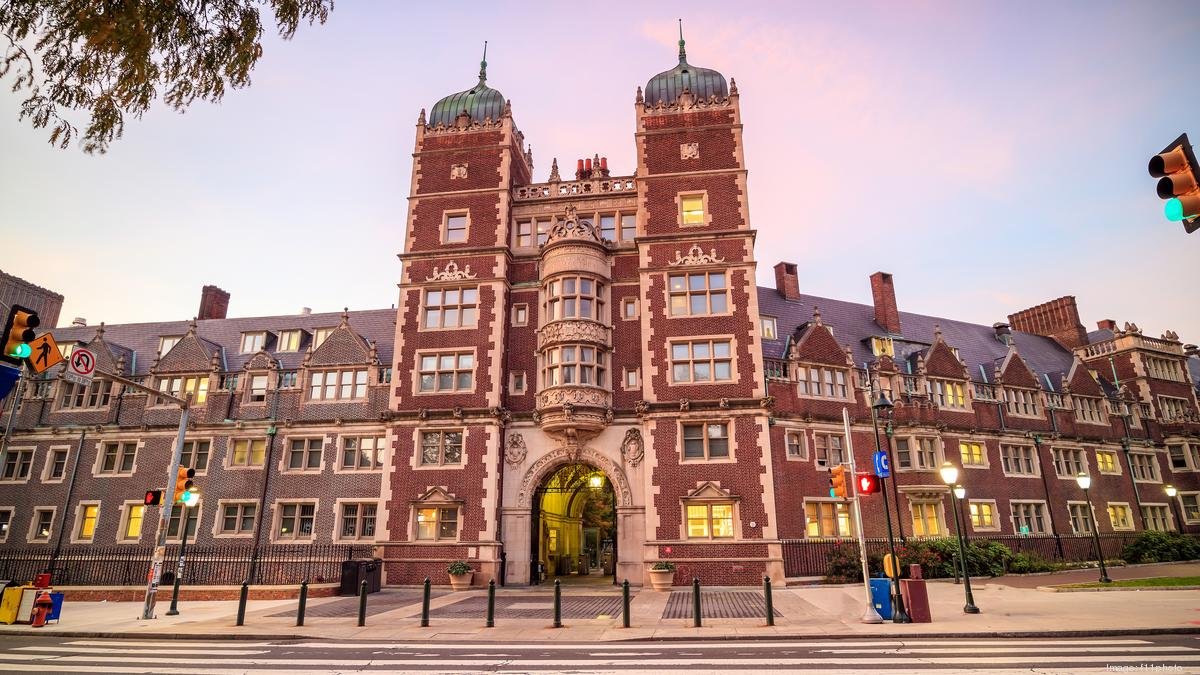
Introduction
UPenn Arts and Sciences is one of the Ivy League institutions that are famous for their intensive study processes and active student’s life. ASD is one of the fundamental divisions of the university, which focuses on humanities and sciences, including natural ones. However, one should mention that UPenn has some peculiar features such as a cohort system that contributes to enhancing cooperation and people’s unity.
What is a Cohort?
A group of students which progresses through an educational sequence together and learns together that is called a cohort. This system is intended to improve study outcomes because the students will have accessible support in the forms of a family group within the facility.
The Benefits of Cohort Learning
Cohort learning also has the following advantages: the level of participation is higher due to active interaction between the participants; learning environment is more united and has more associations; the feeling of togetherness and unity is stronger. Students also become more active in group participation, provide assistance to their counterparts and perform well, when they establish personal relationships with others.
UPenn’s Unique Cohort Structure
Structured into cohorts, UPenn has developed a concept that is considerate of a student throughout the years he or she will spend at the university. The following are the various phases of this process:
4. 1 Freshman Cohort Experience
First-year students at UPenn have orientation to the cohort system as soon as they start their college year. They are sectioned into small groups where they enroll for the first year courses, undergo orientations, and be associated with other social events. Such bonding assists them to easily blend in college life because they already know their companions.
4. 2 Upperclassman Cohorts
Even at the later classes, students are able to enjoy the many advantages that is brought about by the use of cohort system. Upperclassman cohorts generally bring together students studying particular majors or following interdisciplinary themes, which lets the students strengthen their academic and social ties.
Academic Excellence within the Cohort
The UPenn cohorts are intended be academic selective. Students undertake group assignments and activities, group discussions, and study circle and / or tutorial sessions. Also, the clustered group structure implies that students will always encourage each other to do their best
Building Lifelong Friendships
Another aspect which people really appreciate is the connection built with the others; often, people meet their friends for life within the framework of the cohort system. The people that you get close with in these small encouraging groups are friendships that may sustain the rest of your life.
Diversity and Inclusion
Safety measures that need to be put in place: UPenn has stated its policy towards diversity and inclusion. The existence of the cohort system is proof of this by assembling students from different backgrounds, cultures and viewpoints. This diversity proves to be very beneficial to be able to learn and to be prepared much more to be global individuals in the future.
Extracurricular Activities and Cohort Involvement
The community does not subside where the class instructs when one belongs to a cohort. Students are free to join extracurricular activities which are normally grouped by the cohort. This list covers all types of clubs, starting from sports clubs, and ending with cultural clubs, which contributes to the formation of a particular community.
Faculty and Mentorship
The cohort system is highly dependent on the input of the faculty members especially those at UPenn. They play a sort of tutor where they help students navigate through their educational process and offer useful advice. Yet, the closeness between students and faculty members proves to be beneficial to the learning processes.
Real-World Applications of Cohort Learning
Such skills obtained within the confine of the cohort system are somewhat practical. Interpersonal skills especially cooperation, working with others and support are some of the most important in any working environment. Based on the UPenn Alumni experience, most graduates say that their cohort experience prepared them well for their professions.
Alumni Success Stories
There is a long list of African success stories of many of the alumni that have been produced by the UPenn university. The experiences shared by the students seem to shed light on the effects of the cohort model on their biography. Such examples are purposely being done to help current and prospective students to emulate them.
How to Join a Cohort at UPenn
Thus, becoming a member of a cohort at UPenn is a very simple process. From the process of applying, prospective students should indicate this position that they want. If they passed the admission criteria, they will be sorted into a group that suits the area of focus in their academics.

Challenges and How to Overcome Them
In the following paragraphs, the possible problems that may occur in connection with the use of the specified cohort system shall be discussed. Students may experience conflict pressures that compel one to fit in or face the consequences of not being part of that particular group. UPenn offers guidance regarding these issues and how to best overcome the effects of being part of a cohort.
Conclusion
UPenn Arts and Sciences, as mentioned above is not just an education, for the students it is a journey – a cohort experience. They say that it sets a tone for academic achievement, helps students to create valuable friendships that would last a lifetime, and ultimately to ready students for future challenges. In the case of UPenn, a friendly perception is constructed so that each learner gets an optimal chance of success.
FAQs
1. What is the main benefit of the cohort system at UPenn?
Looking at the key advantages, it is important to underline that students get a feeling of unity and belongingness that in turn positively influences academic and social profiles.
2. How are cohorts assigned at UPenn?
They are departmentalized on the basis of specializations and objectives that the students have in their group, hence they are grouped with their counterparts.
3. Can students switch cohorts if they feel it’s not the right fit?
Yes, UPenn has the option of transferring students from one cohort to another if they feel that this Specific is not fit for them.
4. What types of extracurricular activities are available for cohort members?
Individuals within the cohorts can engage in various activities such as sports, cultural clubs and societies, and tutorial societies, all that strong the feeling of togetherness.
5. How does the cohort system prepare students for the real world?
The cohort system fosters important skills like team work, cooperation and networking which are helpful in the working environment.








